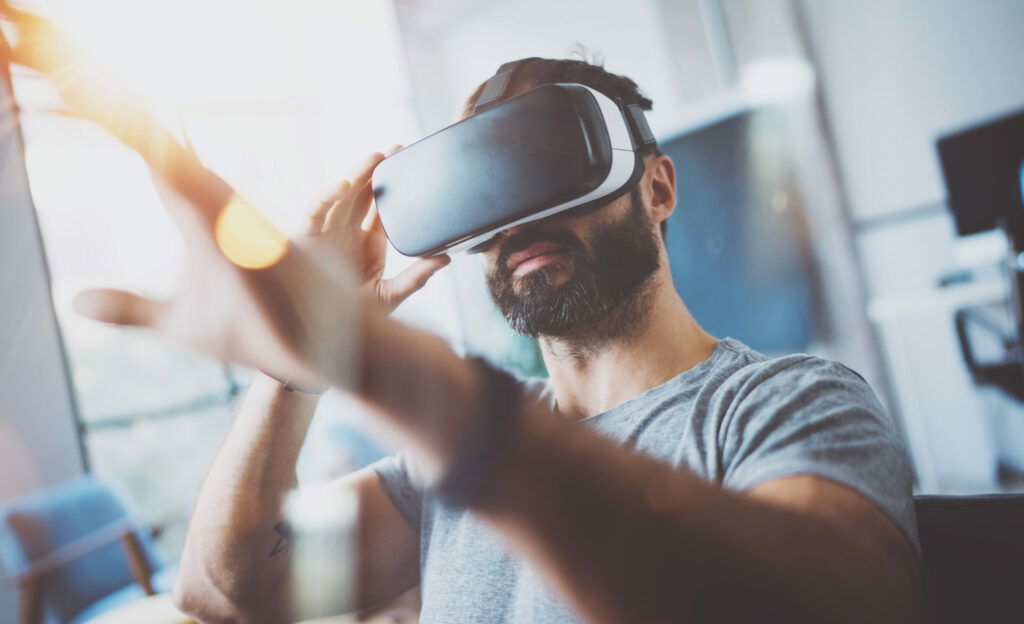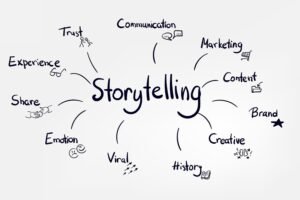If you’ve heard of virtual reality before, it was likely mentioned in the context of gaming. Virtual reality (VR) is a technology that features a computer-generated experience in a simulated three-dimensional environment. While virtual reality gaming is becoming increasingly popular, VR also has applications in other fields—including audiology.
The Shepherd Centre, which is an Australian charity providing a family-centered early intervention program to teach children born deaf or with hearing loss how to develop spoken language, has created a virtual reality experience to help more people understand hearing loss. The virtual reality experiences focus on demonstrating how isolating and confusing it can be to experience hearing loss, especially for children.
As the Shepherd Centre focuses on assisting children born deaf or with hearing loss, the VR technology puts the user in the place of a child with significant hearing loss. There are currently two scenarios available in the virtual reality experience: one in the classroom, and one on the playground. The developers hope it will help others understand how even a moderate level of hearing loss can make a significant difference in what a child hears and understands, particularly in situations like hearing the teacher, understanding their friends, and being able to participate in activities.
At this point, the Centre hopes the technology can be used to help other students, as well as parents and families of children with hearing loss, better understand the experience of those with hearing loss. Undiagnosed hearing loss can be frustrating and isolating, but it is often not well understood by those have never experienced it. With the assistance of virtual reality, children can gain more empathy for their peers, and parents will better understand their child’s feelings and frustrations.
While many technological advances in the hearing industry focus on improving hearing aids, it’s important to recognize the ways technology can also help those who don’t suffer from hearing loss to understand those who do. With increased understanding thanks to technologies like virtual reality, we can work towards not only increased empathy but also towards a greater understanding of the importance of proper diagnosis and treatment. In the coming years, we expect to see more technologies emerge that will help us better understand the experience of individuals with hearing loss.
Here at AudiologyPlus, we’re dedicated to staying on the forefront of technology in the audiology world, as well as in digital marketing. To learn more about how we work to stay up to date on the latest in technology and online marketing, please contact us today.




